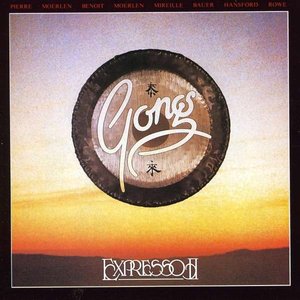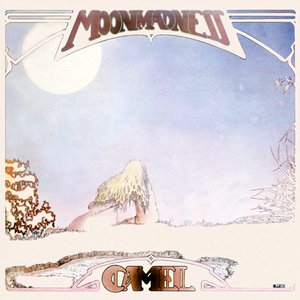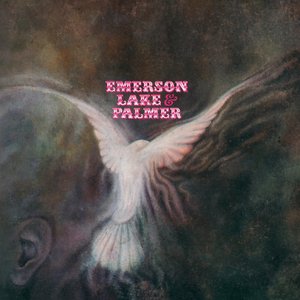Wiki
-
Release Date
31 August 1981
-
Length
7 tracks
Discipline is the eighth studio album by English progressive rock band King Crimson, released on 22 September 1981 by E.G. Records in the United Kingdom and by Warner Bros. Records in the United States. This album was King Crimson's first album following a seven-year hiatus. Only band co-founder and guitarist Robert Fripp and drummer Bill Bruford remained from the previous incarnation. They were joined by two American musicians: guitarist, vocalist and lyricist Adrian Belew and bassist and backing vocalist Tony Levin. The album featured a more streamlined, new wave influenced sound.
Discipline has been described as art rock, progressive rock, new wave, post-progressive, and dance-rock.
The title of the ballad "Matte Kudasai" means “please wait” in Japanese (待って下さい). The original release of Discipline featured a guitar part on this track by Robert Fripp that was removed from subsequent releases of the album starting with the 1989 Definitive Edition remaster. The 30th and 35th anniversary editions, meanwhile, include both versions of the song.
The lyrics of "Indiscipline" were based on a letter written to Adrian Belew by his then-wife Margaret, concerning a painting that she had made.
"Thela Hun Ginjeet" is an anagram of "heat in the jungle". When it was first performed live, some of its lyrics were improvised around an illicit recording made by Robert Fripp of his neighbours having a vicious argument when he was living in New York; this recording is featured on the track "NY3" on Fripp's solo album Exposure. While the track was being recorded for the Discipline album, Adrian Belew, walking around Notting Hill Gate in London with a tape recorder looking for inspiration, was harassed first by a gang and then by the police. On returning to the studio, he gave a distraught account to his bandmates of what had just happened to him. This account was recorded by Fripp, without Belew's knowledge, as well and is featured on the Discipline version of the track (as well as almost all live versions), in place of those earlier lyrics that were based on Fripp's New York recording.
"The Sheltering Sky" is named after (and partially inspired by) the 1949 novel of the same name by Paul Bowles. Bowles is often associated with the Beat generation, which would be an inspiration for King Crimson's subsequent studio album Beat.
Live versions of "Elephant Talk", "Indiscipline", and "Thela Hun Ginjeet" included partial vocal improvisation during spoken-word parts. One such example can be found in the 13 August 1982 performance, which, as of 30 March 2021, was still available for download in both MP3 and FLAC formats from DGM.
The back cover features the statement, "Discipline is never an end in itself, only a means to an end". The original front cover features a variation on a copyrighted Celtic knot design by George Bain. As it was found to be used without Bain's permission, it was replaced on later releases by a knotwork designed by Steve Ball on commission from Robert Fripp. Ball's design is also used as the logo of Discipline Global Mobile, the music label founded by Fripp, which has become the label for King Crimson, Fripp, and associated artists.
Album descriptions on Last.fm are editable by everyone. Feel free to contribute!
All user-contributed text on this page is available under the Creative Commons Attribution-ShareAlike License; additional terms may apply.












